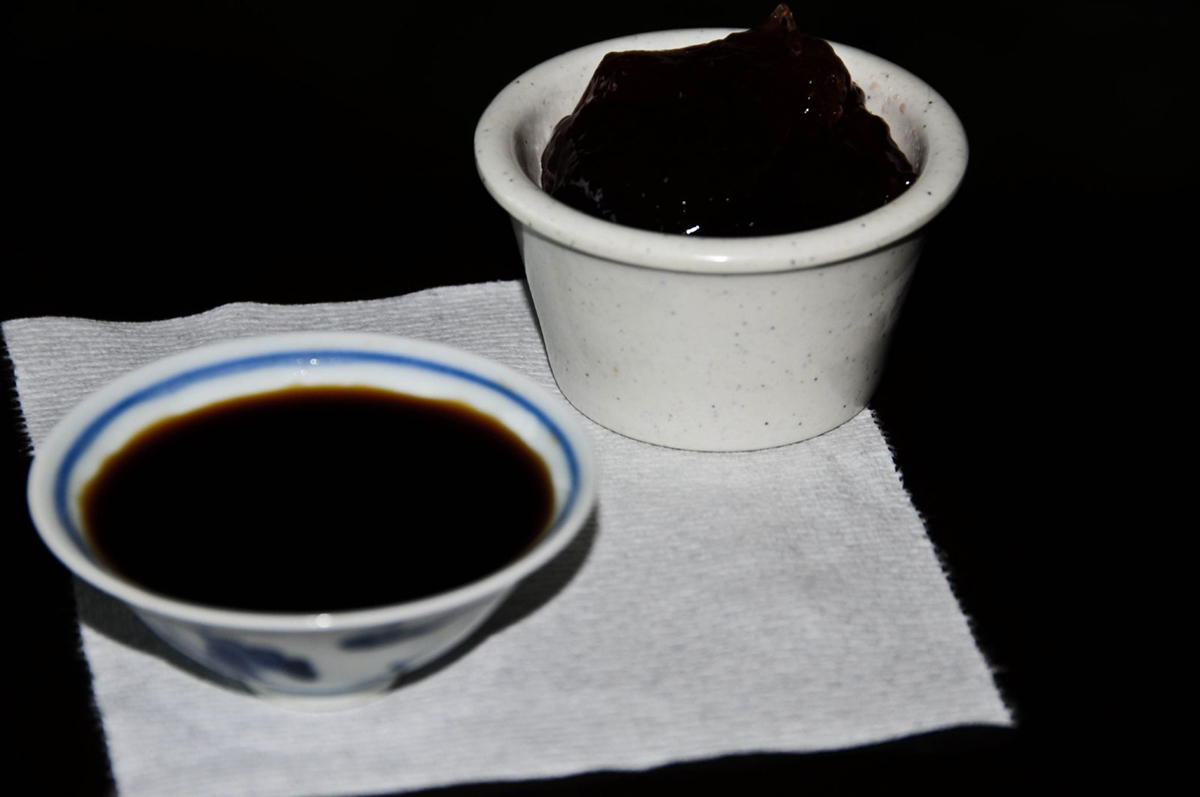
There are a number of herbal remedies available in the market that claim to relieve the symptoms of menopause. However, before you start to use any of these products you should consult your health care provider since they are not regulated by the FDA like medications. Also these herbal products may be more costly since they must be taken regularly. Another thing you should know is that herbal products may interact with other medications therefore if you take any drugs you must discuss it with your doctor or pharmacist before you start to use herbal products.
One natural approach to relieve menopausal discomforts it to consume soy and soy products such as tofu, tempeh and miso. They are helpful in dealing with the symptoms of menopause because they are rich in phytoestrogens. Phytoestrogens are plant compounds that act like hormone estrogen. This means that phytoestrogens may be effective as hormone replacement therapy although long term safety has not been fully studied. This applies to other herbal products that claim to treat menopause, because their effectiveness and safety haven’t been studied as well. These herbal remedies include black cohosh, ginseng, dong quai and evening primrose and other.
Soy and IsoflavonesIsoflavones are plant estrogens that are found in high concentration in soy beans. Soy proteins that are consumed regularly in quantity of 50 grams per day in the short term may alleviate some menopausal symptoms such as night sweats and hot flashes. If soy is taken longer women may experience other benefits of soy such as reduction of cholesterol and increase in bone density. On the other hand, the safety of soy and isoflavones is still debated and it is considered to be safe in dietary amounts whilst extreme amounts may increase the risk of breast cancer as it seems to stimulate growth of breast cells.
St. John’s WortIt is thought that St. John’s wort may help in dealing with moderate depression related to menopause, but only in the short term and in doses below 1.2 milligrams per day. On the other hand, it is not effective in treating severe depression as it was shown in recent study. Additionally, St. John’s wort may contribute skin sensitivity to sun and interact with different medications such as antidepressants, anticonvulsants, HIV medications, warfarin, digoxin and cyclosporin.
Black CohoshBlack cohosh can be also helpful for treating hot flashes and night sweats but, if taken in the short term, meaning 6 months or less. Black cohosh is considered to be safe herbal remedy.
ChasteberryChasteberry is recommended for breast pain and PMS. It has been reported that chasteberry may alleviate symptoms such as mood swings, headache and breast fullness related to premenstrual syndrome.
Evening PrimroseEvening primrose seed contains gamma-linolenic acid which is omega-6 fatty acid. Evening primrose capsules, available in the market, are recommended for breast pain, bladder symptoms as well as symptoms of the menopause. However, these effects of evening primrose have not been proven.
Dong Quai
This herb is potentially toxic and it is effective as placebo in treating hot flashes.
GinsengA study has shown that ginseng products don’t relieve hot flashes but improves women’s general well being.



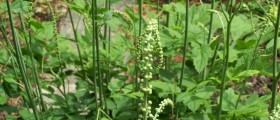
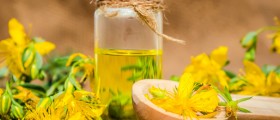
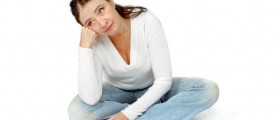
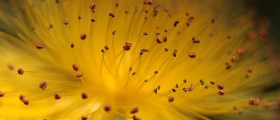
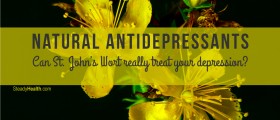
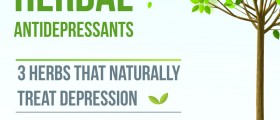
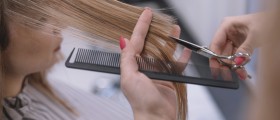
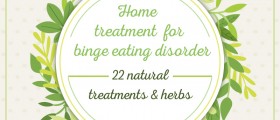
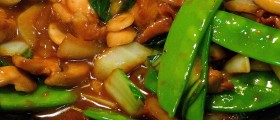
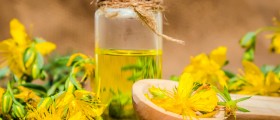

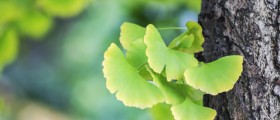
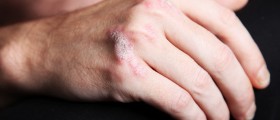
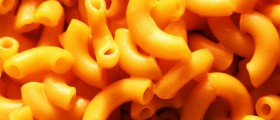
Your thoughts on this
Loading...